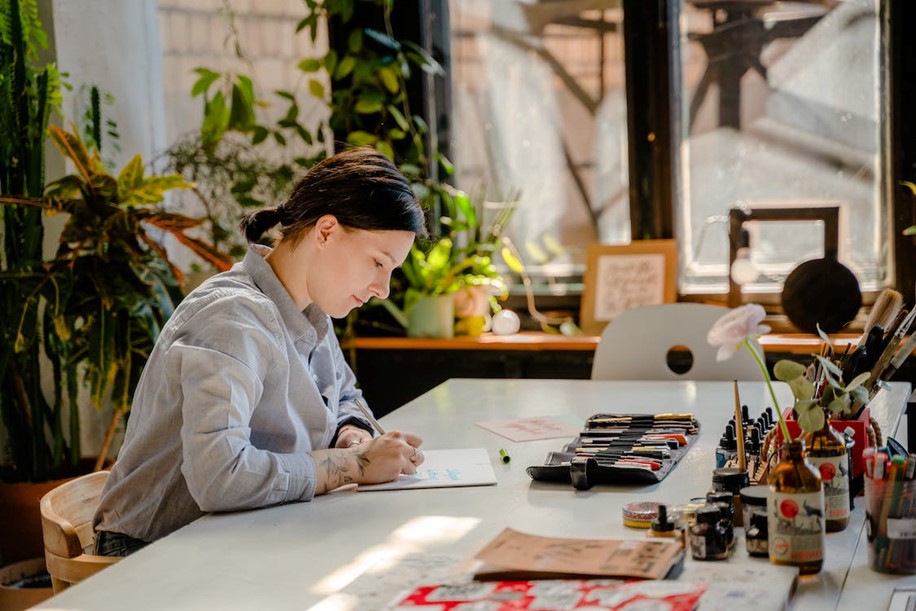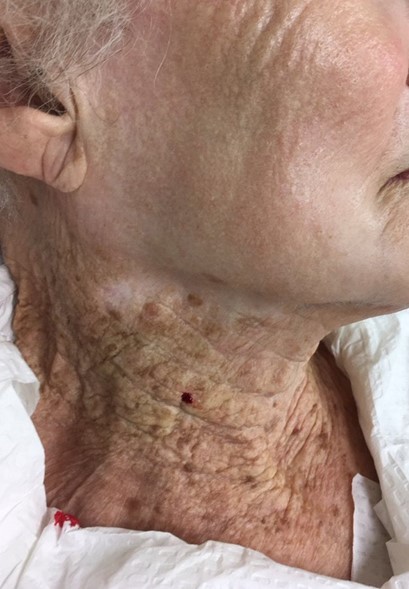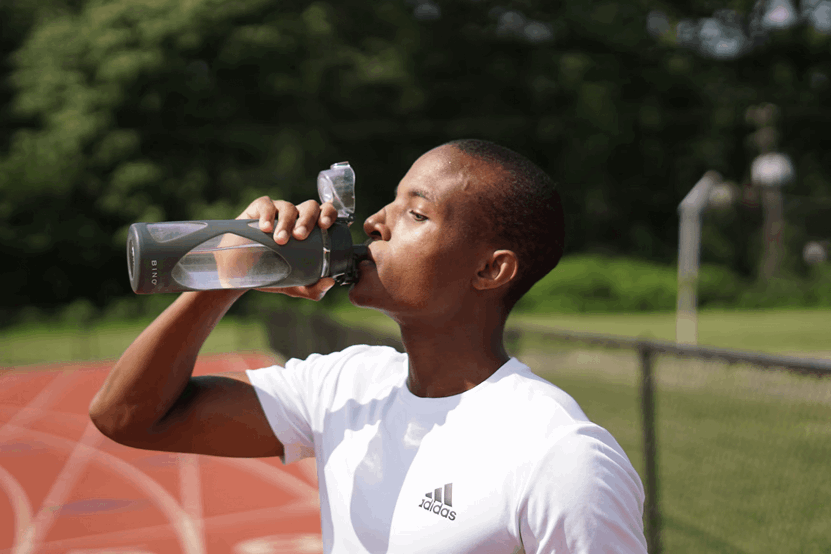7 Health Habits to Start Forming in Your 20s
Your 20s is the best time to form life-long health habits. What you train yourself to do during these crucial years will have a lasting impact on your lifestyle choices, physical and mental well-being, and level of happiness later in life.
But which habits should you invest your time and effort in? Let's take a look at 7 health habits that are worth building in your 20s.
Finding a way to exercise that you actually enjoy
Lack of exercise is a leading cause of chronic diseases. That’s why it’s so important that you start early. Consistent physical activity benefits not only your physical health but also your mental tenacity.
The trick in being able to keep reaping the benefits of exercise is to find a way to move that you actually find enjoyable. Some people learn to love running; some may find joy in cycling. And if you want a less strenuous way to exercise, you can also go for daily walks. Try out some of these in your 20s and find out which one suits your lifestyle and your routine.
The secret is to listen to your body and to set realistic goals. If exercise starts to feel like work, it won’t be sustainable. Integrate the exercise into your weekly routine and don’t be afraid to mix it up to add variety to your physical activities.
If you are still not sure, try to seek professional guidance. A fitness trainer or coach helps assess your fitness level and provide personalized recommendations. They can help introduce you to exercises that align with your interests and goals.
 Image by Antoni Shkraba on Unsplash
Image by Antoni Shkraba on Unsplash
Going for annual check ups
Medical emergencies can be fatal to your health — and your pocket. Detecting potential health issues early on helps mitigate the lofty costs of medical treatment and recovery. Your doctor will be able to give you useful insights about maintaining good health and managing health risks, especially if you have diseases that run in the family.
Having the guidance of a health professional helps influence your lifestyle choices. Moreover, knowing that you're taking proactive steps to monitor and maintain your health can provide you with peace of mind and reduce any anxious feelings you may have about potential health issues.
Learning to cook recipes you love
Cooking is a vital life skill that can significantly enhance your quality of life. Learning how to cook not only enables you to gain a deeper understanding of the ingredients that go into a meal but also fosters awareness of what you put into your body.
When you are in your 20s, cooking can be a channel for creativity, stress relief, and saving money. Cooking your own meals is cheaper than eating out. Inviting friends over for a homemade meal or potluck is also a more frugal way to socialize.
From meal planning to the actual process of cooking, learning the art of making your own meals can teach you many important skills while also keeping you healthy.
New to cooking? Here are some easy recipes you can start learning.
Related: What Not To Do When Saving Money
Having an outlet for stress relief
Stress is an inevitable part of life that can manifest in various forms from work pressures and personal challenges to even global events. Without a healthy outlet for coping with stress, it can accumulate and lead to a range of health issues and burnout.
That is why finding comfortable ways to cope with stress is one of the most useful habits you can form early on. Whether it's through exercise, hobbies, meditation, or simply spending time with loved ones, a healthy stress relief mechanism will help you wade through the constant demands of life.
 Image by Antoni Shkraba on Pexels
Image by Antoni Shkraba on Pexels
Examples of hobbies you can start getting into include reading, vlogging or blogging, drawing, photography, cooking and baking, gardening, hiking, birdwatching, geocaching, fishing, astronomy, stargazing, playing a musical instrument, dancing, pottery, dancing, sewing, knitting, collecting, metalworking, woodworking, model building, 3D printing, video gaming, rock climbing, yoga, rafting, martial arts, running, cycling, beekeeping, winemaking, home distilling, archery, fencing, horseback riding, origami, cosplaying, LARPing, urban exploration, bonsai tree cultivation, rock collecting, leatherworking, parkour, foraging, volunteering, and traveling.
Wearing sunscreen
Constant sun exposure really does a number on your looks. Sun damage hastens aging and increases the risk of developing skin cancer. This is why you need to wear sun protection daily. Sunscreen should be worn every day and not just during your beach trips. Wearing sun protection daily will not only help you reduce the health risks mentioned above but will also help you keep your youthful appearance for much longer.
 Image of a 92-year-old woman who wore sunscreen on her face but not on the neck for more than 40 years.
Image of a 92-year-old woman who wore sunscreen on her face but not on the neck for more than 40 years.
Photo source: https://onlinelibrary.wiley.com/doi/full/10.1111/jdv.17660
Drinking enough water
Proper hydration lays the foundation for a lifetime of good health and well-being. Water is an essential requirement for the body to perform its functions. Proper hydration helps prevent kidney stones, keeps the joints lubricated to maintain joint health, it aids in digestion, prevents chronic diseases like hypertension and urinary tract infections, and it keeps your skin youthful and healthy-looking. Image by Nigel Msipa on Unsplash
Image by Nigel Msipa on Unsplash
Having good posture
Few people really pay attention to their posture but did you know that having bad posture can lead to a score of health problems? Poor posture results in back and neck pains, migraines, poor sleep, and a disrupted digestion, among others.
On the other hand, good posture gives you a boost of self-confidence. It enhances your mood, promotes muscle, bone, and joint health, and improves your range of motion. Having good posture also enhances your body's ability to maintain balance and coordination, reducing the risk of falls and injuries, especially as you age.
Some simple tips you can follow to start reducing your pains and improve your posture include:
- Sitting further back on your chair
- Placing your monitor at eye-level
- Considering investing in ergonomic chairs
- Placing your keyboard where your arms and wrists feel relaxed while you’re typing
Final Word
No, building healthy habits in your 20s shouldn’t cost you your best years. But in the same way, your youth should not cost you a lifetime of feeling good. Aim to find a healthy balance between having fun and being responsible.
Download TaskSpur on Android | Download TaskSpur on your iPhone
Sign up or Login on your browser
Related: What Not To Do When Saving Money
References
- Posture and how it affects your health | Lifespan. (n.d.). Lifespan. https://www.lifespan.org/lifespan-living/posture-and-how-it-affects-your-health
- Sushant University. (2022, September 12). THE IMPORTANCE OF COOKING AS A LIFE SKILL | Sushant University blog. https://sushantuniversity.edu.in/blog/the-importance-of-cooking-as-a-life-skill/#:~:text=You%20will%20learn%20proper%20planning,way%20to%20express%20your%20artistry.
- Wpadmin. (2022). 6 Effects of poor posture on the body. Integrated Rehabilitation Services. https://integrehab.com/blog/back-pain/6-effects-poor-posture/
- Vaughan, K. (2020). 20 recipes every 20-Something should learn to cook. Martha Stewart. https://www.marthastewart.com/7617456/essential-recipes-beginner-cooks